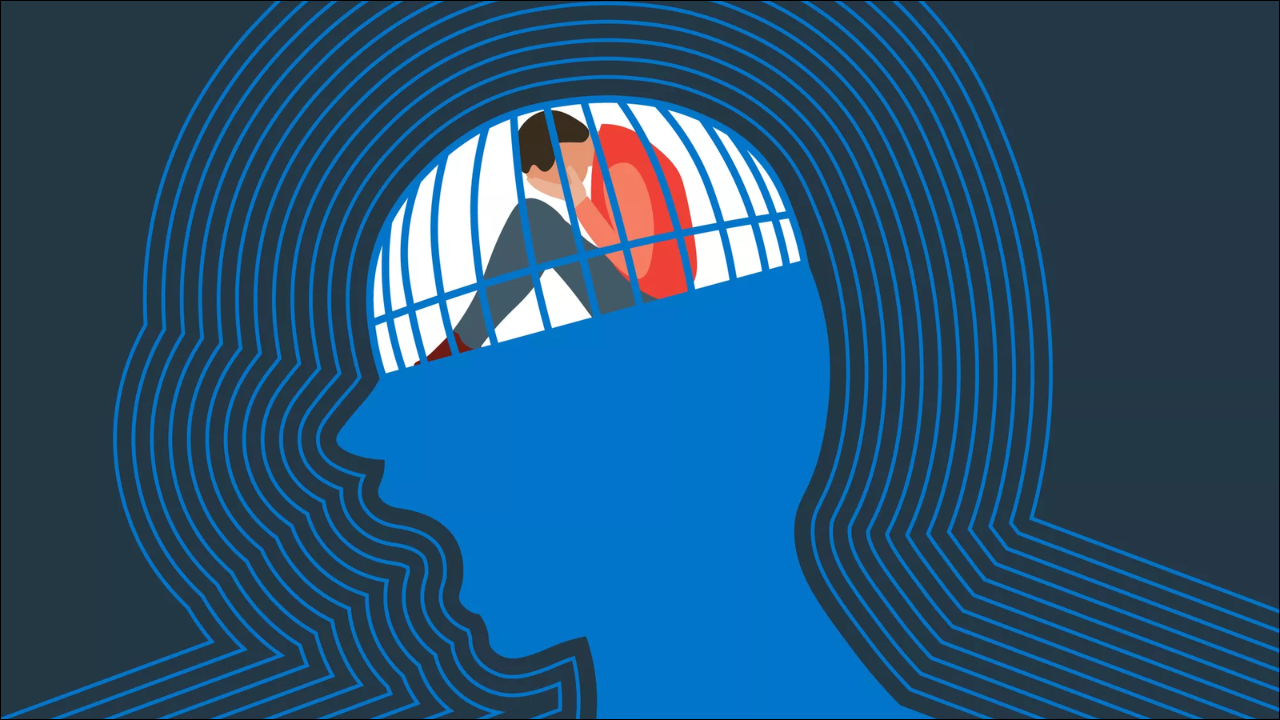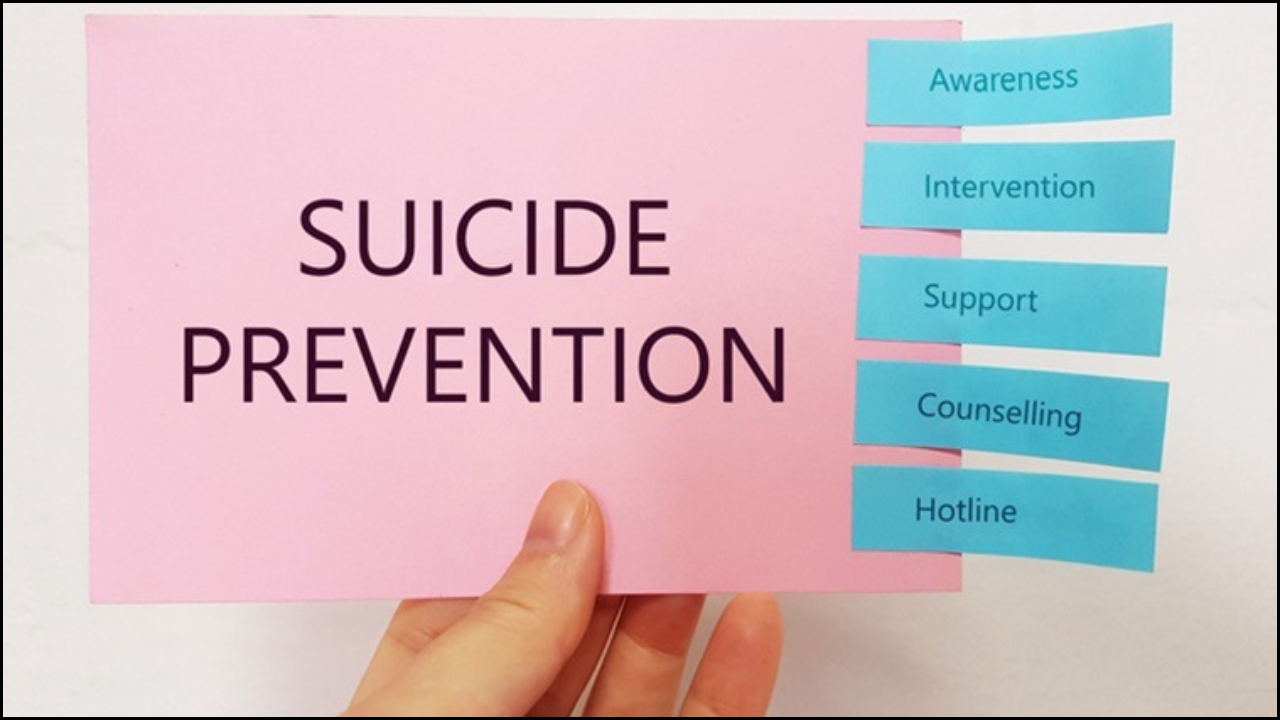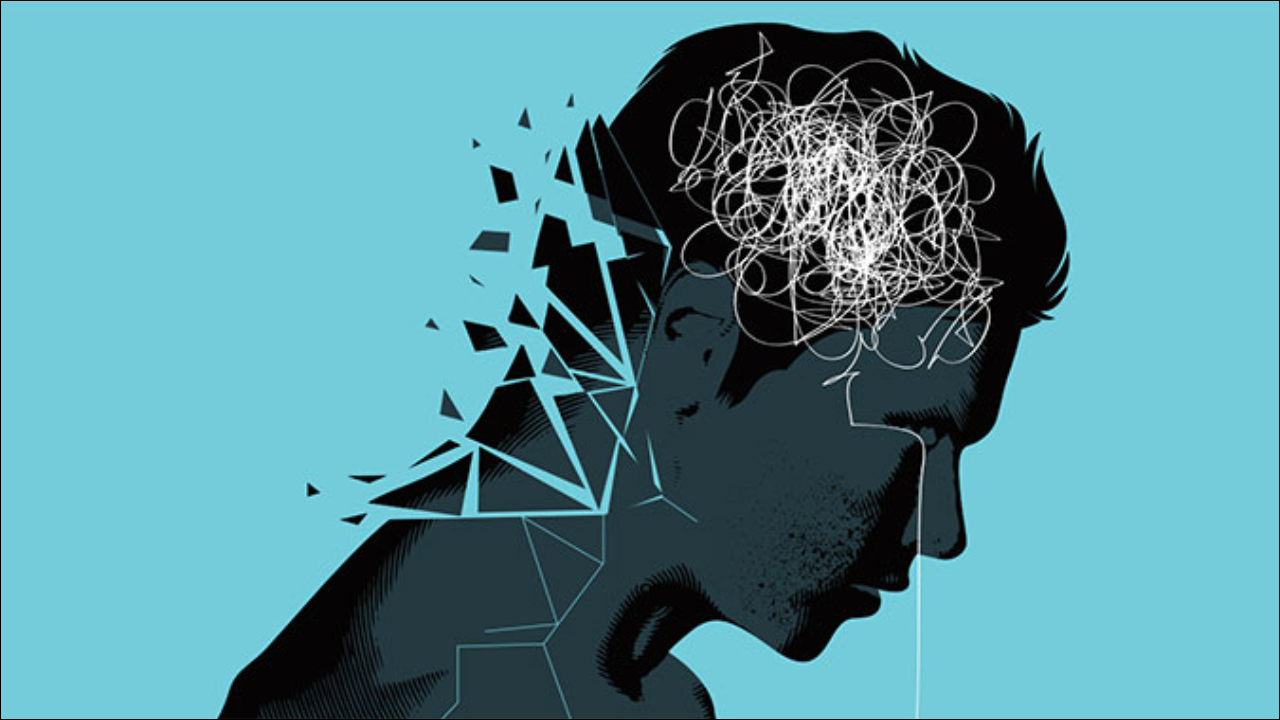
Suicide prevention remains one of the most challenging areas in mental health care. A major factor that increases the risk of suicide is the presence of co-occurring disorders, where substance abuse and mental illness exist simultaneously. Service CC, a community-centered care initiative, has developed an integrated model to effectively address these intertwined issues. This approach combines clinical treatment, behavioral therapies, and social support to reduce suicidal tendencies among individuals facing complex mental and substance-related problems. The model focuses on early intervention, continuity of care, and cross-disciplinary collaboration, making it a comprehensive strategy to manage and prevent suicide risk in vulnerable populations.
Table of Contents
Understanding Co-Occurring Disorders
Co-occurring disorders refer to the coexistence of one or more mental health conditions along with substance use disorders.
Key characteristics include:
- Mutual influence between substance abuse and mental illness, where each condition worsens the other.
- High rates of suicidal ideation, self-harm, and impaired judgment.
- Difficulty in treatment because symptoms of one disorder often mask the other.
- Greater likelihood of relapse, hospitalization, and social isolation if left untreated.
Example: A person diagnosed with depression might use alcohol or drugs as a coping mechanism, but substance dependence can further intensify depressive symptoms, leading to suicidal behavior.
Service CC’s Integrated Care Approach
Service CC recognizes that treating co-occurring disorders separately often fails to address the full complexity of a patient’s condition.
Their integrated model brings together mental health professionals, addiction specialists, and community workers in a single coordinated care framework.
Main Objectives of the Model:
- Provide simultaneous treatment for both disorders.
- Reduce suicide risk through constant monitoring and counseling.
- Create personalized recovery plans combining medical, psychological, and social interventions.
- Encourage long-term stability and community reintegration.
Core Components of the Integrated Model
| Component | Description |
|---|---|
| Comprehensive Assessment | Early identification of both mental and substance use disorders through screening and diagnostic evaluation. |
| Dual Treatment Planning | Development of coordinated care plans that address psychiatric symptoms and substance dependency together. |
| Medication-Assisted Treatment (MAT) | Controlled use of prescribed medications to reduce cravings and stabilize mood disorders. |
| Cognitive-Behavioral Therapy (CBT) | Behavioral intervention focusing on identifying negative thought patterns and promoting positive coping strategies. |
| Crisis Management Protocols | Emergency support systems including 24/7 helplines and crisis response teams. |
| Family Engagement | Inclusion of family members in therapy to build understanding and promote supportive home environments. |
| Peer Support Networks | Involvement of individuals with lived experience to motivate and guide patients through recovery. |
Addressing Substance Abuse and Suicide Risk
Substance abuse increases suicide risk by impairing judgment, intensifying depression, and promoting impulsivity.
Service CC integrates addiction counseling and harm reduction strategies to tackle this issue effectively.
Key Initiatives:
- Detoxification programs under clinical supervision.
- Behavioral therapies to replace self-destructive habits with healthier choices.
- Group therapy sessions that promote accountability and self-awareness.
- Relapse prevention training using mindfulness and stress management techniques.
- Linking clients with rehabilitation centers for long-term recovery support.
Outcome:
Individuals gain improved emotional regulation, stronger motivation to recover, and reduced suicidal urges.
Managing Mental Illness in the Integrated Framework
Mental illnesses such as depression, bipolar disorder, PTSD, and schizophrenia significantly elevate the likelihood of suicidal behavior.
Service CC’s integrated model ensures continuous psychiatric care alongside addiction management.
Major Interventions:
- Psychiatric evaluations are conducted regularly to monitor progress.
- Psychotherapy sessions focused on resilience building and emotional healing.
- Use of antidepressants, mood stabilizers, or antipsychotics where appropriate.
- Development of coping strategies to handle stress, trauma, and grief.
- Education on medication adherence and side-effect management.
Result: Consistent mental health stabilization supports long-term sobriety and decreases suicide risk.
Community and Social Reintegration
Recovery extends beyond medical treatment. Service CC focuses on social reintegration to ensure individuals regain self-worth and stability.
| Program Area | Purpose and Outcome |
|---|---|
| Vocational Training | Helps individuals acquire job skills and rebuild confidence through employment opportunities. |
| Housing Support | Provides safe living environments to prevent relapse and social isolation. |
| Educational Workshops | Offers knowledge about addiction, mental wellness, and suicide prevention. |
| Community Outreach | Raises public awareness to reduce stigma and promote inclusiveness. |
| Follow-Up Services | Maintains regular contact after discharge to ensure continued recovery. |
These community-based components play a vital role in preventing relapses and promoting long-term stability.
Benefits of the Integrated Model
The Service CC integrated model produces multiple benefits for individuals and the broader healthcare system:
- Reduction in suicidal thoughts and attempts due to comprehensive care.
- Improved treatment adherence through coordinated planning.
- Enhanced communication among healthcare providers.
- Decrease in hospital readmissions and emergency visits.
- Stronger family and community support networks.
- Greater patient satisfaction and long-term recovery outcomes.
Challenges in Implementation
While the model offers promising outcomes, several barriers still exist:
- Limited access to trained dual-diagnosis professionals.
- Stigma is associated with both mental illness and substance use.
- Inconsistent funding for integrated programs.
- Difficulty maintaining coordination across healthcare agencies.
- Cultural and language differences affect communication.
Service CC addresses these challenges through continuous training, advocacy, and the expansion of telehealth services to reach underserved populations.
Future Directions for Integrated Care
Service CC aims to enhance its model through innovative strategies:
- Incorporation of digital mental health platforms for online therapy.
- Use of AI-based predictive analytics to identify individuals at high suicide risk.
- Expansion of community-based peer mentorship programs.
- Strengthening collaboration between public health institutions and local NGOs.
- Development of research-based frameworks for measuring program impact.
These steps ensure that suicide prevention efforts remain dynamic, data-driven, and person-centered.





